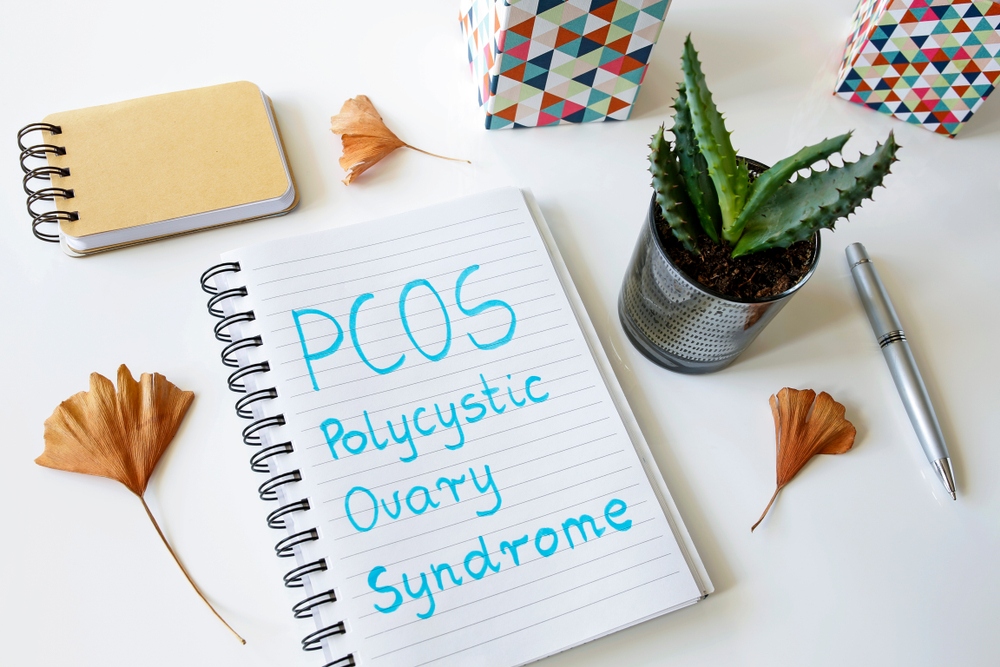For such a common condition, Polycystic Ovary Syndrome is not well understood. The medical community still don’t what actually causes it to trigger, and the public themselves don’t understand the effects well. What is generally known is that it has severe effects on your fertility: PCOS, ovulation and your chances of getting pregnant are all linked.
Today we’re here to explain: to answer questions, clear up mysteries and disperse myths so you can make confident and informed decisions about your future.
How Does PCOS Affect Your Body?
The fundamental driver of the symptoms that make up Polycystic Ovary Syndrome is an excess of insulin. Too much insulin in your body has lots of different effects: you begin to become resistant to its effects, causing a feedback loop whereby you produce more and more of this hormone to less and less effect. This also causes you to gain weight, as you cannot effectively manage your levels of blood sugar, and the weight gain has its own knock on effects. As the insulin levels are causing your body to produce more androgens (specifically testosterone), the extra weight you’ve gained is producing more oestrogens (which is manufactured specifically in fat cells).
The interaction between these three hormones is what causes all the symptoms of PCOS: the weight gain we’ve already mentioned; skin discolouration, hirsutism, and even low mood and anxiety. It also interferes with your menstrual cycle, causing eggs to mature slowly, and linger in the ovaries, causing inflammation and discomfort. This means you ovulate rarely, and unpredictably, making it hard to target the times when you’re most fertile.
It’s clear that PCOS can have a very serious effect on your fertility.
Ovulating With PCOS
One of the most important things you can do is monitor when and if you ovulate. In all but the most severe cases of PCOS you might find that you do indeed ovulate – it’s just irregular. What you need is reliable method of detecting ovulation.
Tracking your Basal Body Temperature could be the answer you need. The commonly available, hormone based fertility kits look for the spike in Luteinising Hormone that cues your body to ovulate. Unfortunately, when you have PCOS your hormones are in a state of disruption. This means they can’t give you an accurate result.
BBT tracking isn’t affected by PCOS hormone effects so it offers an accurate answer for you. While it can be a lot of effort to take your core temperature every morning as soon as you wake up, and chart it, to search for the patterns that reveal when you’re ovulating, but it does get you a prediction you can use to boost your fertility.
Even better, modern fertility apps and trackers can take away some of this burden by recording the data for you and processing it into a prediction, alerting you when you need to be trying to conceive!







Recent Comments